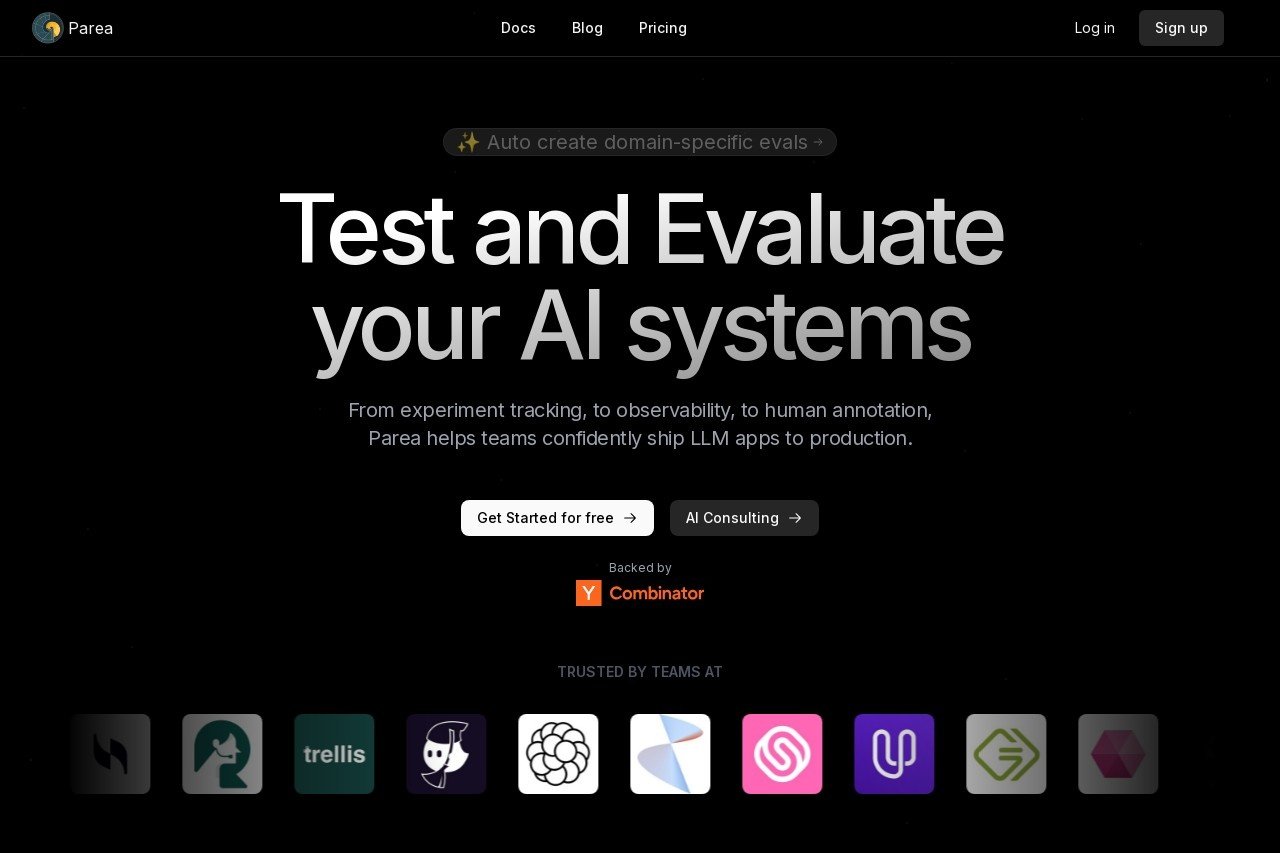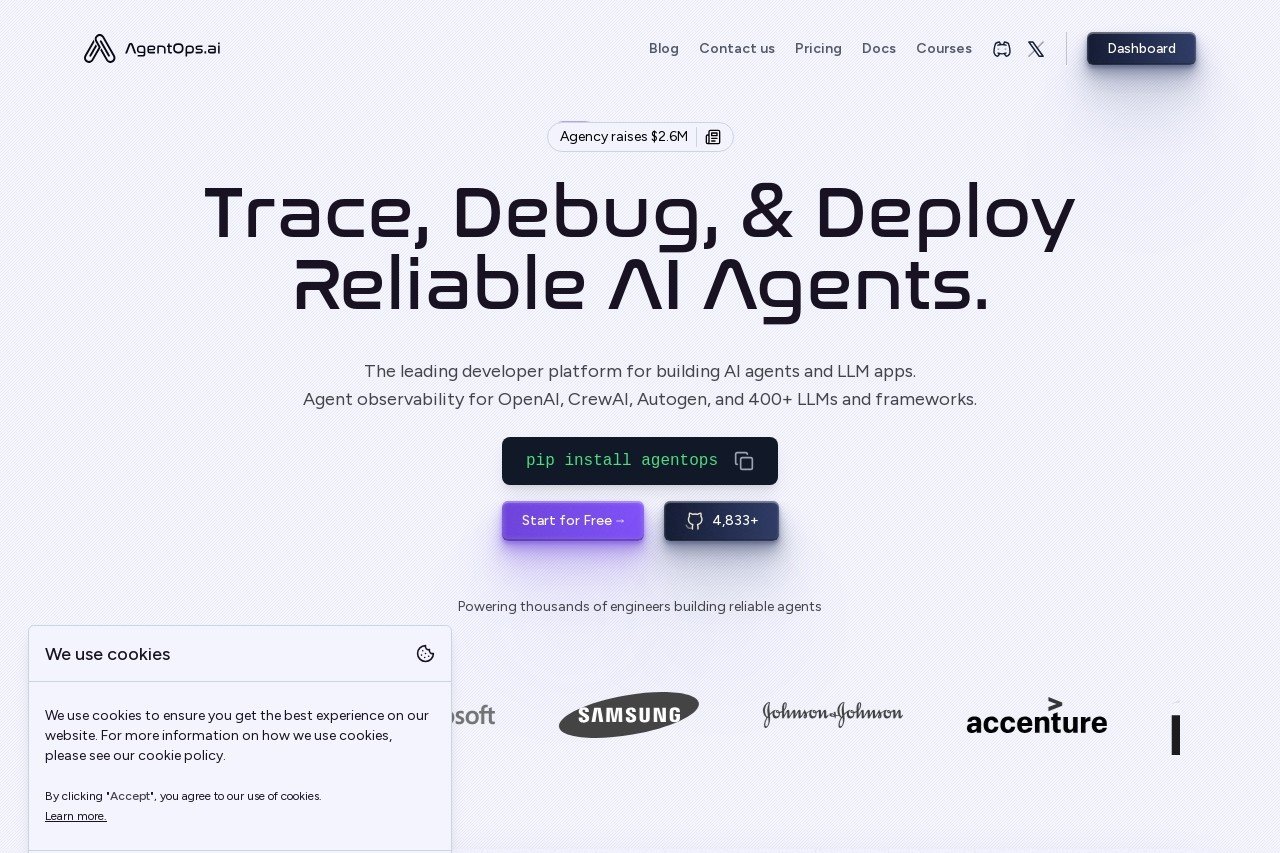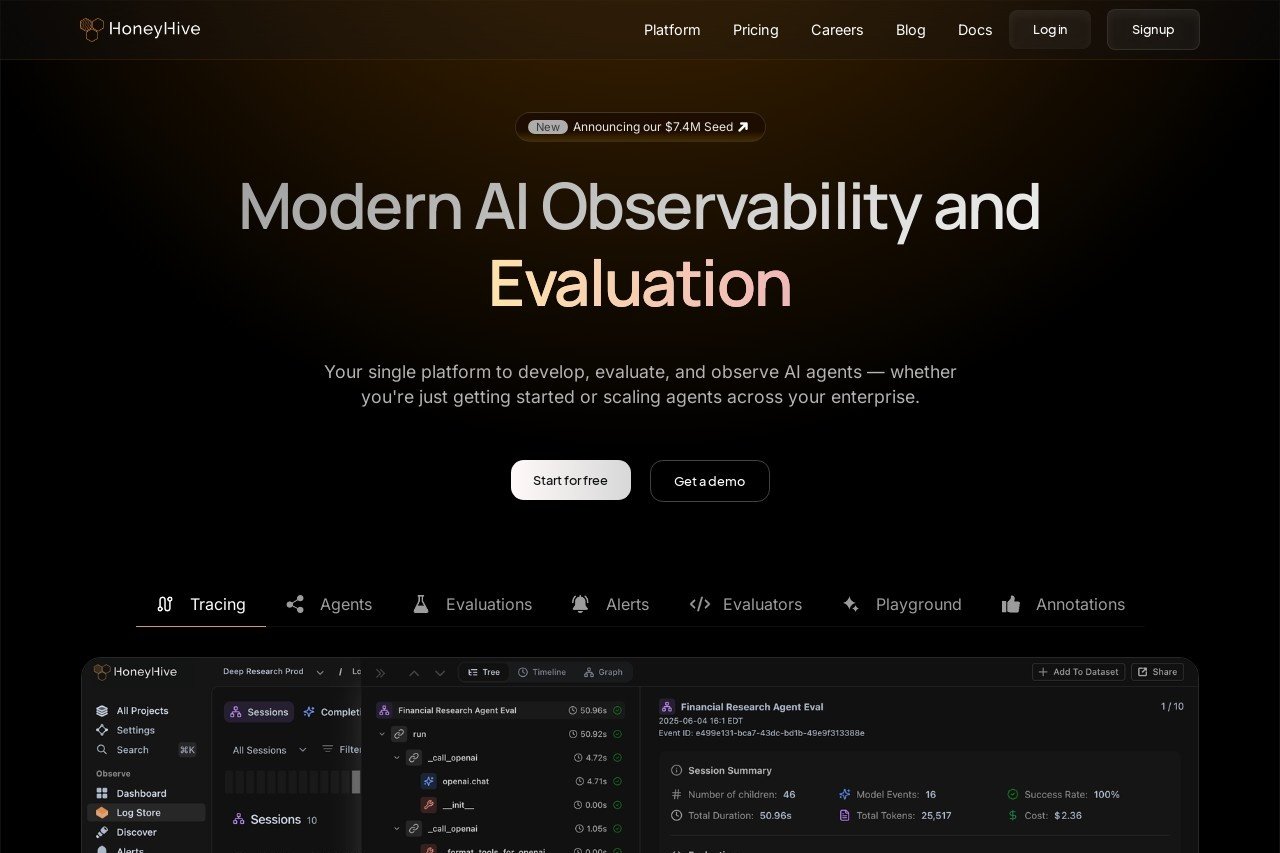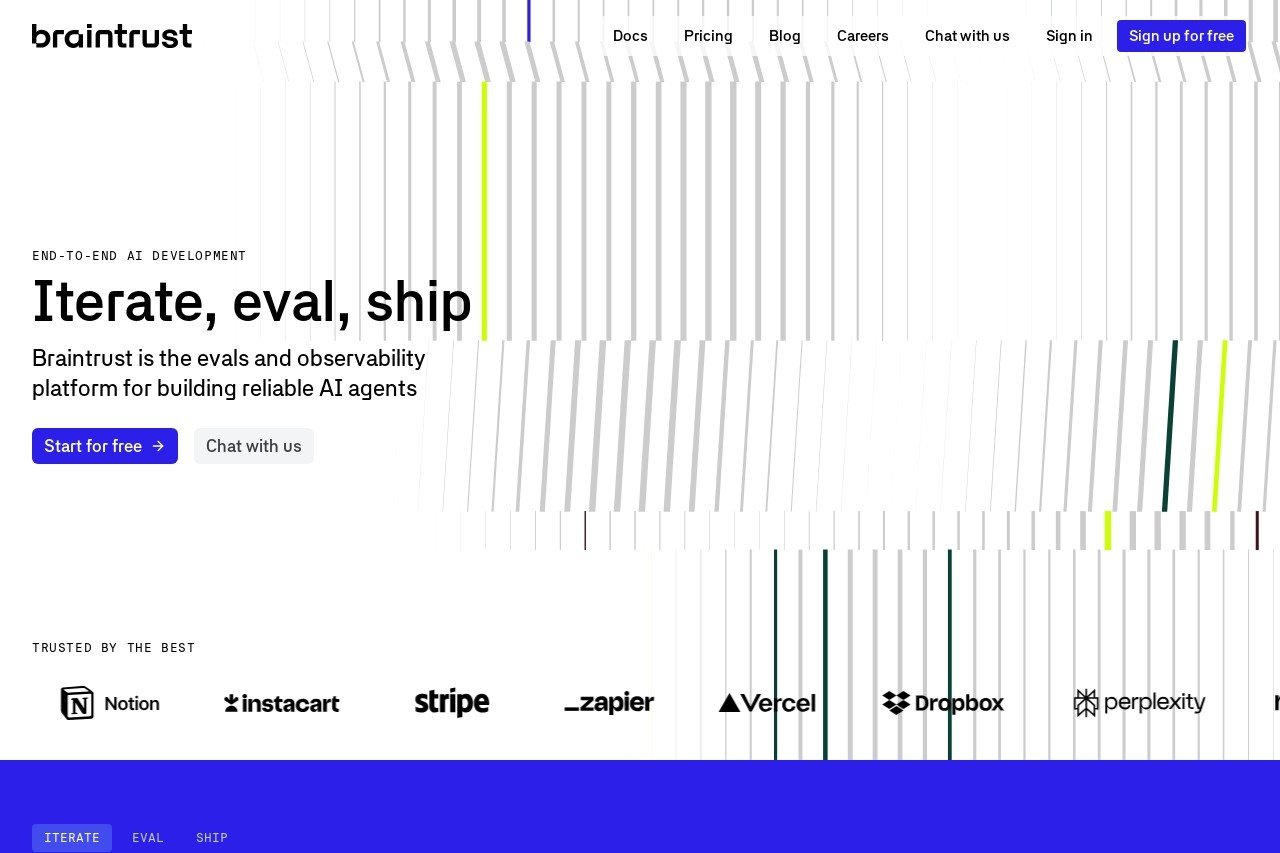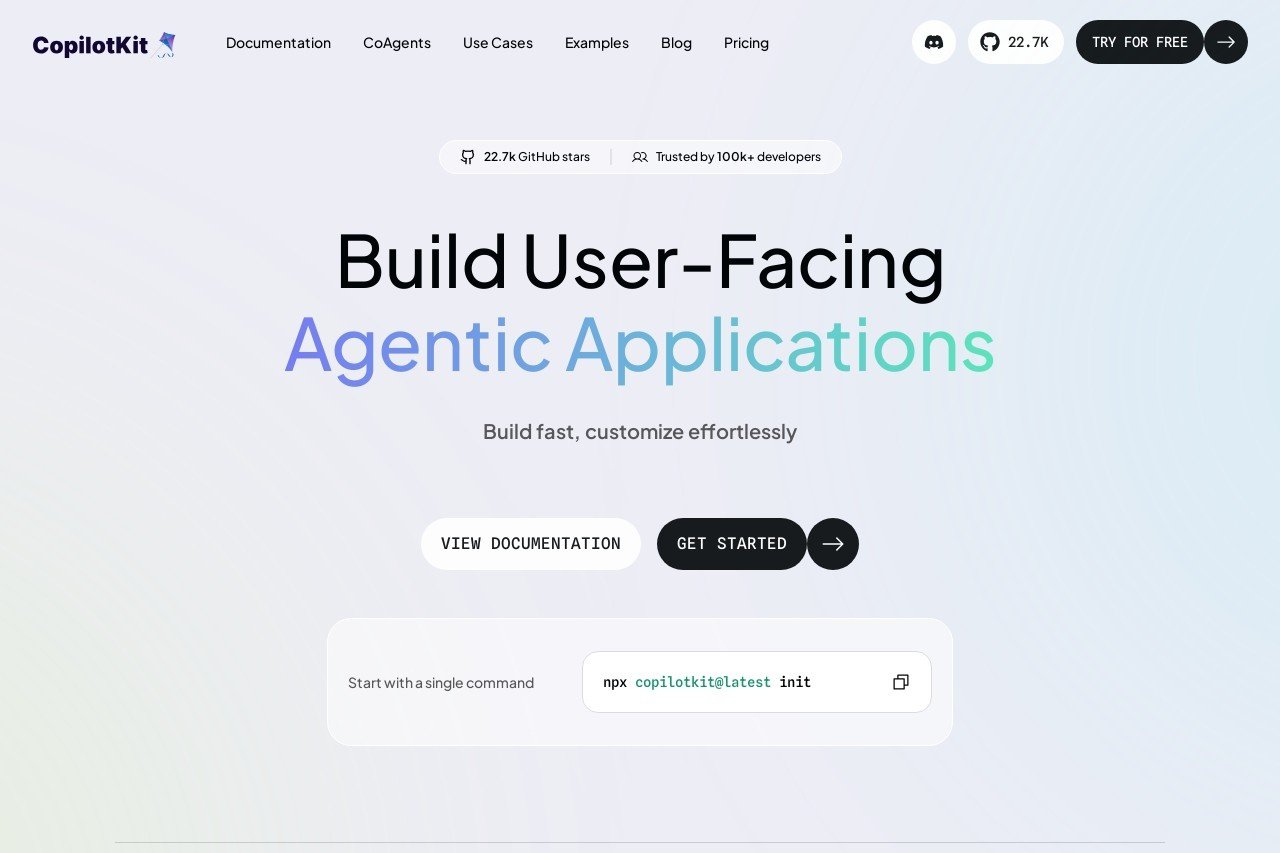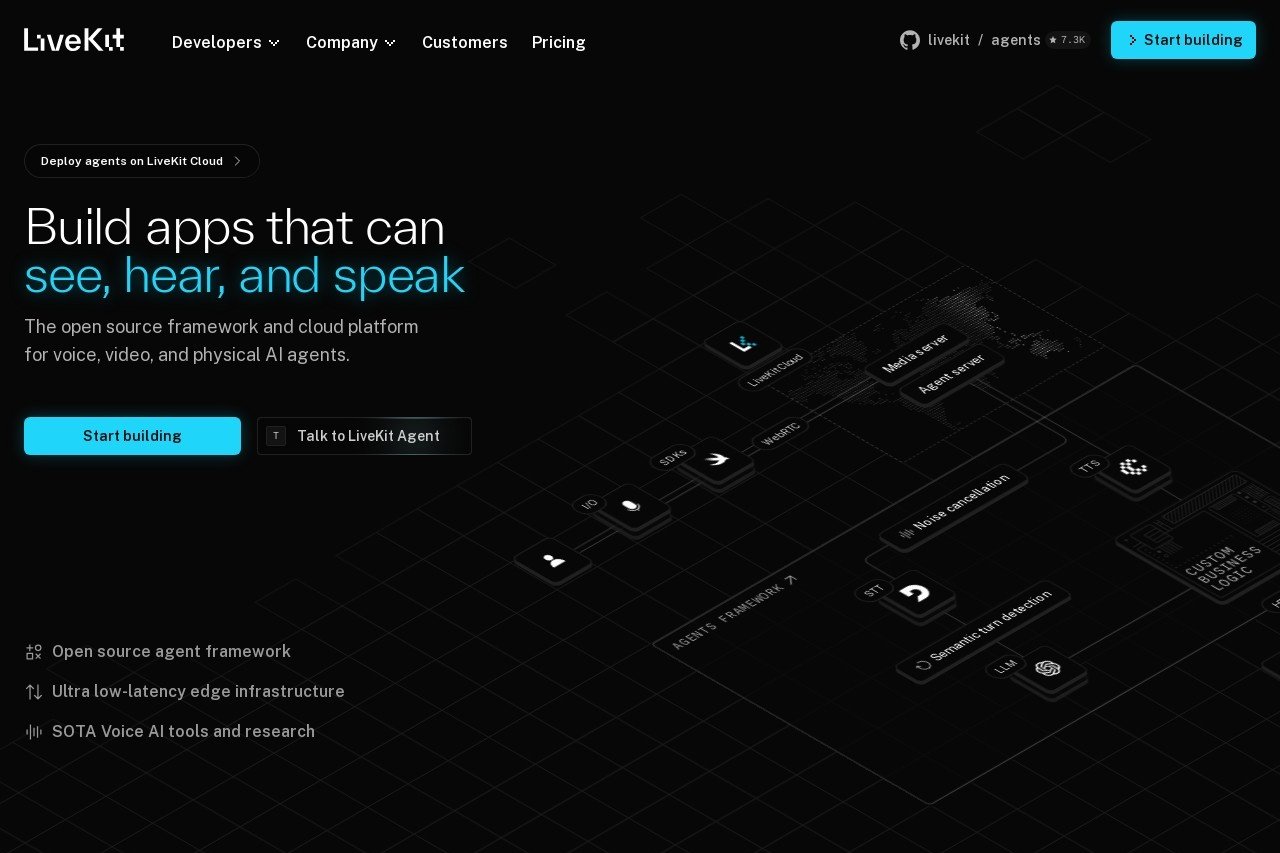Open-source platform for managing and enhancing LLM chatbots.
Lunary
Introduction to Lunary
Lunary is an open-source platform designed to help developers and teams efficiently manage, monitor, and enhance their LLM-powered chatbots and AI applications. By providing powerful tools for observability and optimization, Lunary ensures your chatbot delivers accurate, reliable, and high-quality interactions.
Key Features
- Advanced Monitoring: Track chatbot performance, user interactions, and model accuracy in real-time.
- Prompt Management: Version, test, and refine prompts to improve response quality and consistency.
- Analytics Dashboard: Gain insights into usage patterns, error rates, and user satisfaction metrics.
- Collaboration Tools: Enable team-based workflows for developing and optimizing chatbot behaviors.
- Open-Source Flexibility: Self-host or customize the platform to meet specific project requirements.
Benefits and Advantages
Lunary stands out by offering a comprehensive yet user-friendly solution for LLM operations. It reduces development time with integrated testing and debugging tools, improves chatbot performance through data-driven insights, and supports scalability with robust infrastructure options. Being open-source, it also encourages community contributions and continuous improvement.
Ideal Users
Lunary is perfect for AI developers, product teams, and organizations building chatbots or LLM-based applications. It caters to startups seeking affordable monitoring tools, enterprises requiring scalable deployment options, and researchers needing detailed analytics for model evaluation.
Frequently Asked Questions
- Is Lunary free to use? Yes, Lunary is open-source and free for self-hosted setups. Cloud-based plans may include additional features.
- Does it support multiple LLM providers? Absolutely—Lunary integrates seamlessly with popular providers like OpenAI, Anthropic, and more.
- Can I contribute to Lunary’s development? Definitely! As an open-source project, Lunary welcomes community involvement via GitHub.

